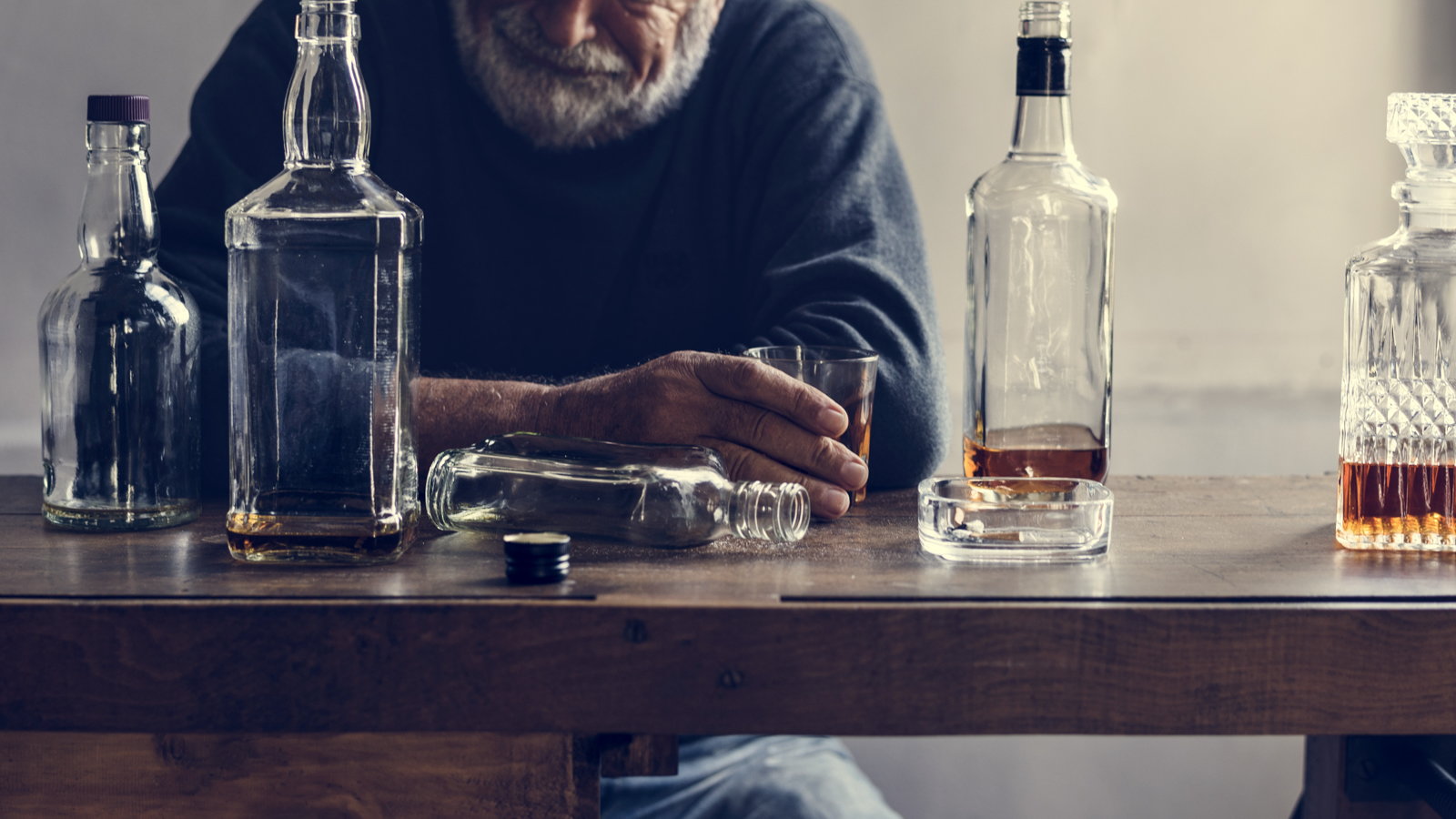
Do you think that you should change your unhealthy habits but don’t feel like it? How will you break your unhealthy habits given this apathy? What are the weakest links for you (and your family members)?
The “drug-free” solution is so simple. “Turn on” to healthy habits and be happy, don’t worry. Yes, being happy helps you live longer. Healthy habits also prevent diseases and improve the quality of life for you and your family members too.
It’s easy to initiate change but difficult to keep doing it over time.
What to Do When You Don't Feel Like Changing
How well do you understand your emotional resistance to change? If you under-estimate its power, your best intentions will fail like New Year’s resolutions. How can you break free of such ineffective action? Learn how to lower your emotional resistance before you develop effective motivation.
Here is a three-step strategy for making long-lasting change.
Recognize What Feelings Drive Your Emotional Resistance
Do the short-term, emotional benefits of your unhealthy habit outweigh the long-term benefits of changing it? Both positive and negative feelings can keep you emotionally attached to your unhealthy habit.
If you use your unhealthy habits to create positive feelings (e.g., eat comfort food), you can also avoid negative feelings (e.g., the stress of angry feelings) that perpetuate your unhealthy habit. If you stop eating your comfort food, you will get stressed out about feeling angry. Or, for example, if you drink alcohol to relax or feel good, you can also avoid the negative feelings of anxiety or depression. If you stop drinking alcohol to numb these feelings, you will feel anxious or depressed.
On the other hand, if you identify more with the benefits of reducing your negative feelings (smoke a cigarette to relieve stress or drink alcohol to drown your sorrows), you may have additional, underlying issues (e.g., poor coping strategies or unresolved grief) that may need professional help.
Feelings can distort your perceptions so that you maximize the benefits and minimize the risks of your unhealthy habit. This self-deception can keep you in your comfort zone, avoiding the risk of change. Explore what lies beneath your emotional resistance so that you can learn how to minimize the benefits and maximize the risks of your unhealthy habit.

Explore What Lies Beneath Your Emotional Resistance
What are your motives to change? Are you changing because you feel that you should, ought to, or must change? And do you feel guilty about not changing? Or, are you only changing because other people want you to change? Family and friends can support you, but they cannot make you change. The ultimate answer lies within your values.
So are you changing because you value your health highly? With freely chosen motives, you change because it’s really important to you. You put a high value on your health and do as you say. But your energy level and competing priorities in life can affect whether you can put your values into action.
For example, your work and family responsibilities can drain your energy so much that you sacrifice your health. In other words, you value your health, but you don’t do what you say. Lack of regular exercise and weight gain are the most common forms of self-sacrifice.
Turn Your Emotional Resistance into Effective Motivation
Become the researcher of your own behavior change. Explore what lies beneath your emotional resistance to discover what it would mean for you to change. Your emotional resistance to change equals your motivation to keep your unhealthy habit. This negative force works against your motivation to change.
Address your competing priorities to focus your energy on what it would take to lower your emotional resistance and transform that resistance into effective motivation. Or better still, turn the negative force of your emotional resistance around 180 degrees so that it can join your motivational force for positive change. In other words, U-turn your emotional resistance into effective motivation. Use your freely chosen motives and values as your compass to lasting change, especially when you lapse back to your unhealthy habit.
Experience this learning process, ideally with the support of family and friends, to make change happen for yourself. Inspire family and friends to do the same. As Gandhi said, Be the change that you wish to see in the world.
Leave a Family Legacy
Improve your health habits in ways that your family members can benefit from your learning experiences. This important “hand-me-down” learning lesson can pass from generation-to-generation. This approach empowers families to leave a legacy of healthy lifestyles.
About the Author
Rick Botelho is a family doctor, professor, public speaker, motivational guide, researcher, consultant, and trainer (conducted workshops in more than 16 countries). Author of Motivate Healthy Habits: Stepping Stones to Lasting Change (a mutual aid and self-help guide for families) and Motivational Practice: Promote Healthy Habits and Self-care of Chronic Diseases (a skill development guidebook for practitioners, lay health guides, wellness coaches and fitness instructors). For more information, visit www.motivatehealthyhabits.com

